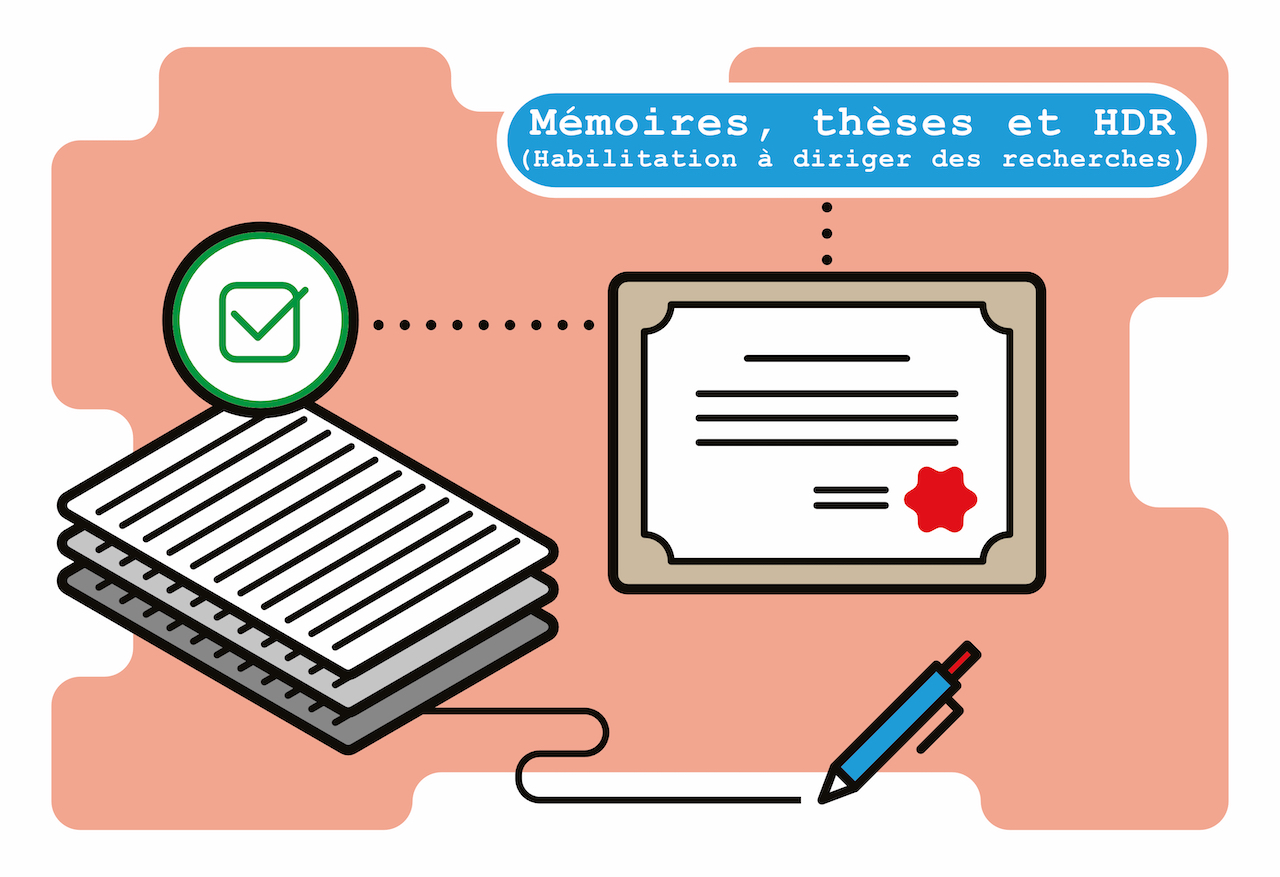Qualité de vie et résultat à court terme après chimiothérapie intra- Peritoneale vaporisée (PIPAC) chez les patients atteints de carcinose péritonéale.
Fiche du document
2017
- ISIDORE Id: 10670/1.fa3713...
Ce document est lié à :
info:eu-repo/semantics/altIdentifier/urn/urn:nbn:ch:serval-BIB_7B3997FD79567
info:eu-repo/semantics/openAccess , Copying allowed only for non-profit organizations , https://serval.unil.ch/disclaimer
Sujets proches
PatientesCiter ce document
Hugo TEIXEIRA FARINHA, « Qualité de vie et résultat à court terme après chimiothérapie intra- Peritoneale vaporisée (PIPAC) chez les patients atteints de carcinose péritonéale. », Serveur académique Lausannois, ID : 10670/1.fa3713...
Métriques
Partage / Export
Résumé
Background. Peritoneal cancer treatment aims to prolong survival, but preserving Quality of Life (QoL) under treatment is also a priority. Pressurized Intraperitoneal Aerosol Chemotherapy (PIPAC) is a novel minimally invasive repeatable treatment modality. The aim of the present study was to assess QoL in our cohort of PIPAC patients. Methods. Analysis of all consecutive patients included from the start of PIPAC program (January 2015). QoL (0-100: optimal) and symptoms (no symptom: 0-100) were measured prospectively before and after every PIPAC procedure using EORTC QLQ-C30. Results. Forty-two patients (M :F = 8: 34, median age 66 (59-73) years) had 91 PIPAC procedures in total (1: 4x, 17: 3x, 12:2x, and 12 : lx). Before first PIPAC, baseline QoL was measured as median of 66 ± 2.64. Prominent complaints were fatigue (32 ± 4.3) and digestive symptoms as diarrhea (17 ± 3.75), constipation (17 ± 4.13), and nausea (7 ± 2.54). Overall Quality of Life was 64 ± 3.75 after PIPAC#l (p = 0.57), 61 ± 4.76 after PIPAC#2 (p = 0.89), and 70 ± 6.67 after PIPAC#3 (p = 0.58). Fatigue symptom score was 44 ± 4.86 after PIPAC#l and 47 ± 6.69 and 34 ± 7.85 after second and third applications, respectively (p = 0.40). Diarrhea (p = 0.31), constipation (p = 0.76), and nausea (p = 0.66) did not change significantly under PIPAC treatment. Conclusion. PIPAC treatment of peritoneal carcinomatosis had no negative impact on patients' overall QoL and its components or on main symptoms. This study was registered online on Research Registry (UIN: 1608).
